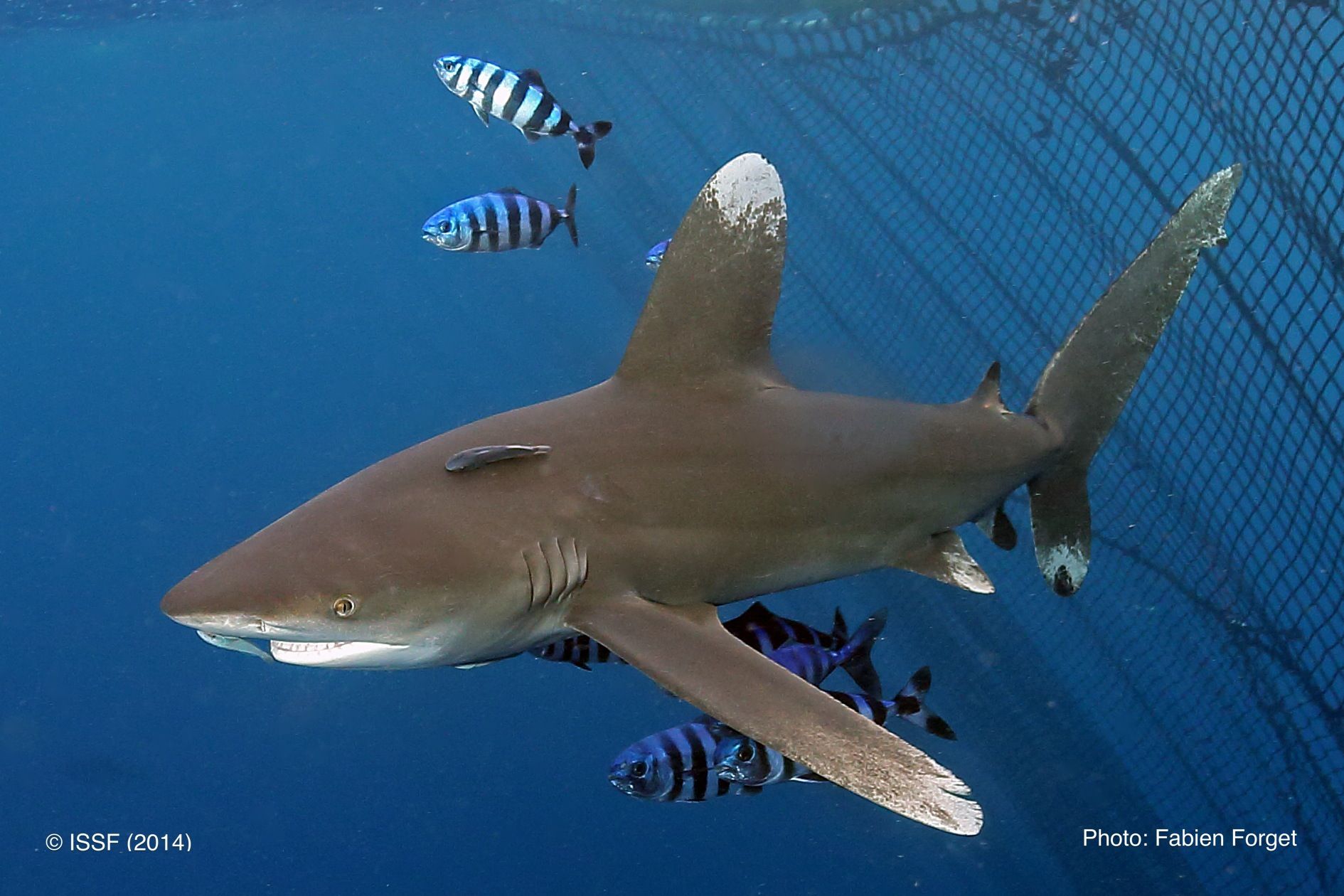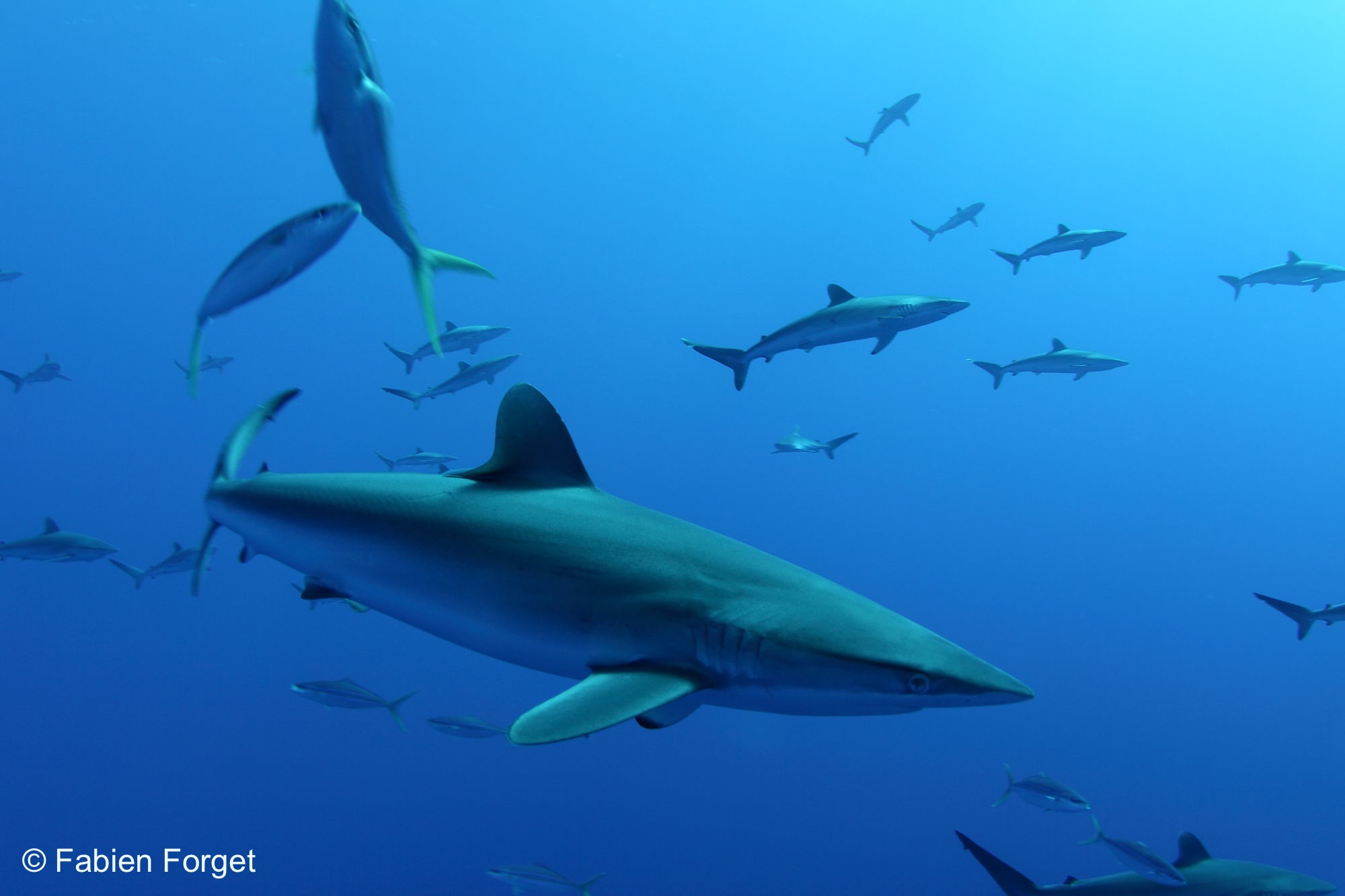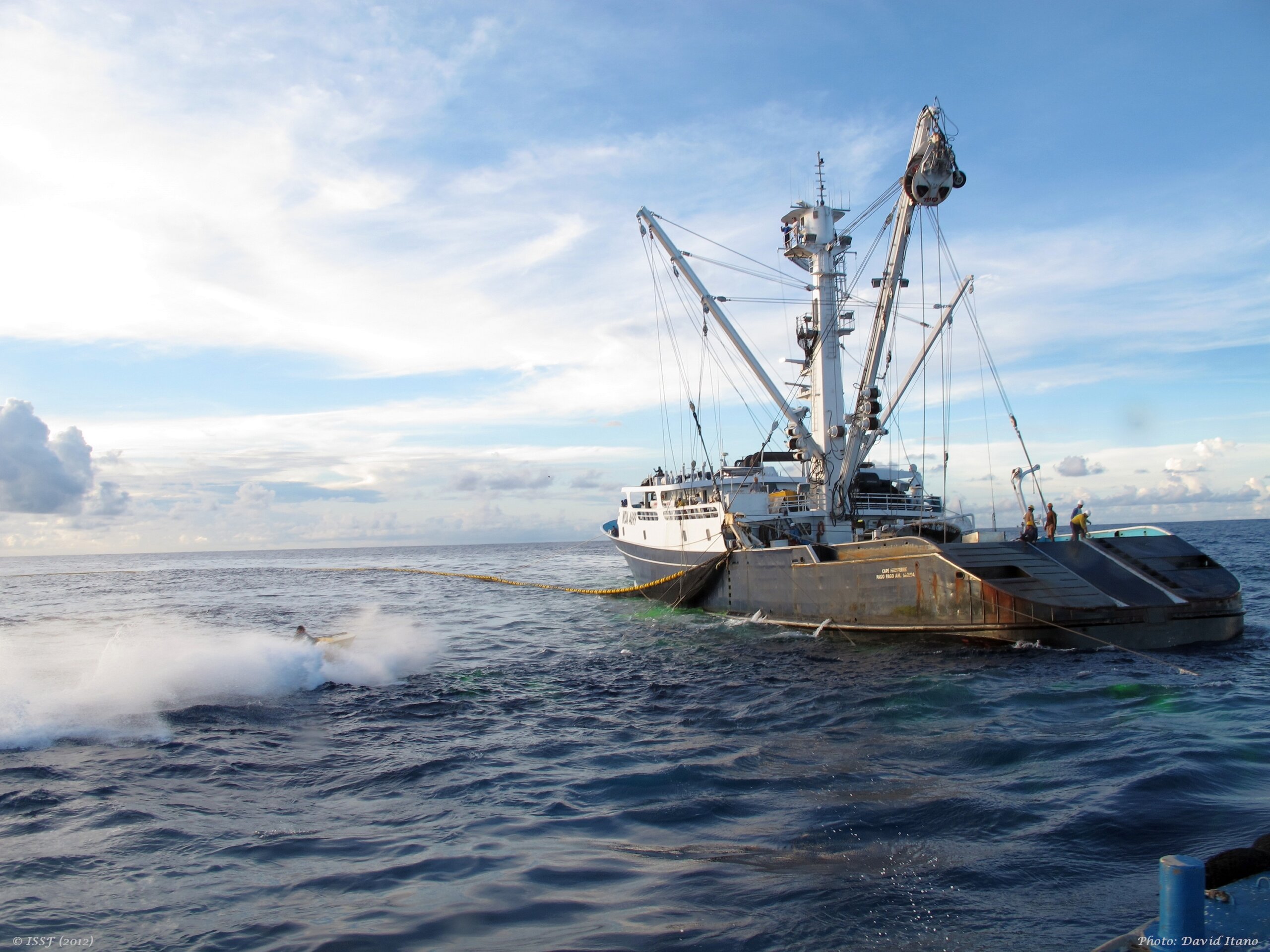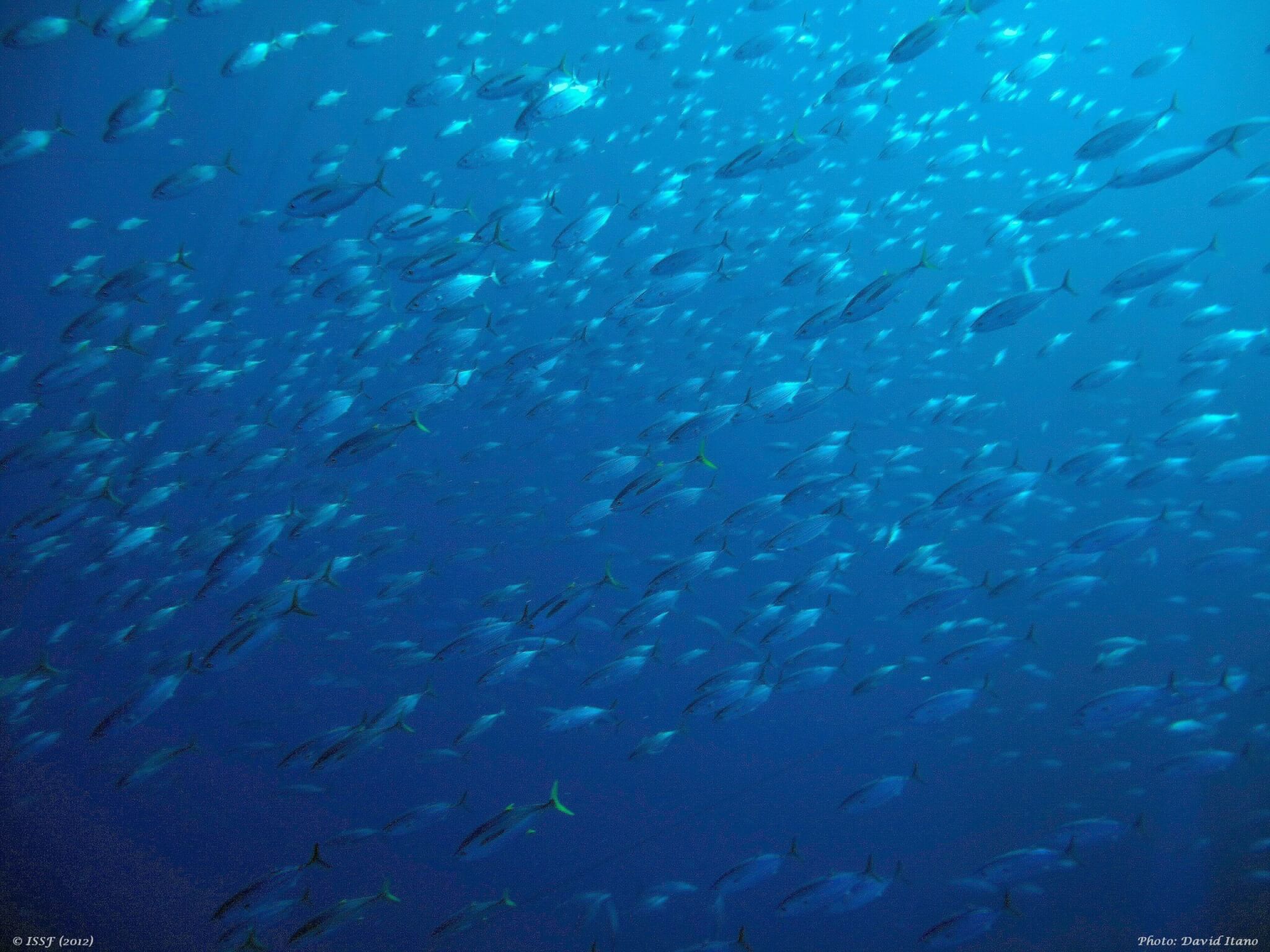
Two Fisheries Science and Management Experts Appointed to ISSF Environmental Stakeholder Committee
The International Seafood Sustainability Foundation (ISSF) announced today that Dr. Alexia Morgan of the Sustainable Fisheries Partnership (SFP) and Bill Holden of the Marine Stewardship Council (MSC) have joined the ISSF Environmental Stakeholder Committee (ESC).
Meet our new Environmental Stakeholder Committee members: Dr. Alexia Morgan of @fishsource and Bill Holden of @MSCecolabel. Share on XAlexia Morgan, Ph.D., is the Science Lead for Tuna and Large Pelagic Species at the Sustainable Fisheries Partnership (SFP). Dr. Morgan provides scientific and technical advice to producers and suppliers on key issues related to the fisheries they source from and ways in which they can improve these fisheries, including bycatch issues. In addition to these roles, Dr. Morgan conducts seafood assessments of tuna and large pelagic fisheries for SFP. Previously, Dr. Morgan was a Research Biologist at the Florida Program for Shark Research at the University of Florida and has worked as a consultant for various NGOs on a variety of elasmobranch-related issues. Outside of SFP, Dr. Morgan’s interests and research focus primarily on ecosystem impacts and spatial management of elasmobranch species in the Atlantic. Dr. Morgan has a Ph.D. in Fisheries and Aquatic Sciences from the University of Florida and an M.S. in Marine Biology from Nova Southeastern University.
“Dr. Morgan’s hands-on experience with producers and suppliers coupled with an impressive scientific background will be a significant asset for our team. Her position on the ISSF Environmental Stakeholder Committee continues ISSF’s long-time engagement with the Sustainable Fisheries Partnership,” said ISSF President Susan Jackson.
Mr. Bill Holden is the Senior Fisheries Manager, Oceania & South East Asia, for the Marine Stewardship Council (MSC), a global fisheries certification and ecolabel program. He began working with the MSC in February 2009 and is based in the Sydney office. His work involves fisheries outreach in the Pacific and Indian Oceans, with a focus on tuna fisheries. Mr. Holden has a wealth of experience in fisheries management from more than 20 years as an owner, operator and skipper of snapper and tuna longliners in the Kingdom of Tonga. During that time, he was the President of the Fishing Industry Association of Tonga (FIAT) and a director of the Pacific Islands Tuna Industry Association (PITIA). Along with his vast industry experience and knowledge of fishing and marketing operations, Mr. Holden’s work in associations provides him with an understanding of regional management, and he maintains an extensive Pacific network of colleagues, associates and friends. Mr. Holden graduated from the University of California, Santa Barbara, in 1984 with a B.A. in Political Science and Communications.
“ISSF’s objective is for all tuna fisheries to be capable of achieving MSC certification without conditions. Having regular representation from MSC on ISSF’s Environmental Stakeholder Committee has been important for ISSF,” said ISSF President Susan Jackson. “As our newest ESC member from MSC, Bill brings regional management experience and expertise in the Western Pacific and Indian Ocean that is especially vital to our collaborative work. We look forward to his advice and counsel, especially in that critical part of the tuna-fishing world.”
About the Environmental Stakeholder Committee
The ISSF Board receives information from formal and informal partners — environmental stakeholders marine scientists, fishers, and vessel owners — who share insights from the field.
The ESC comprises expert representatives from various conservation and scientific bodies who volunteer to share their expertise. The ESC, as does ISSF’s Scientific Advisory Committee (SAC), provides advice to the ISSF Board of Directors on issues to consider before taking action on specific sustainability efforts, including regarding ISSF conservation measures that ISSF Participating Companies commit to conform to with the goal of improving the long-term health of global tuna fisheries.


